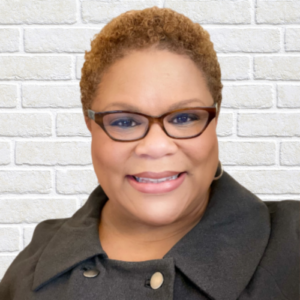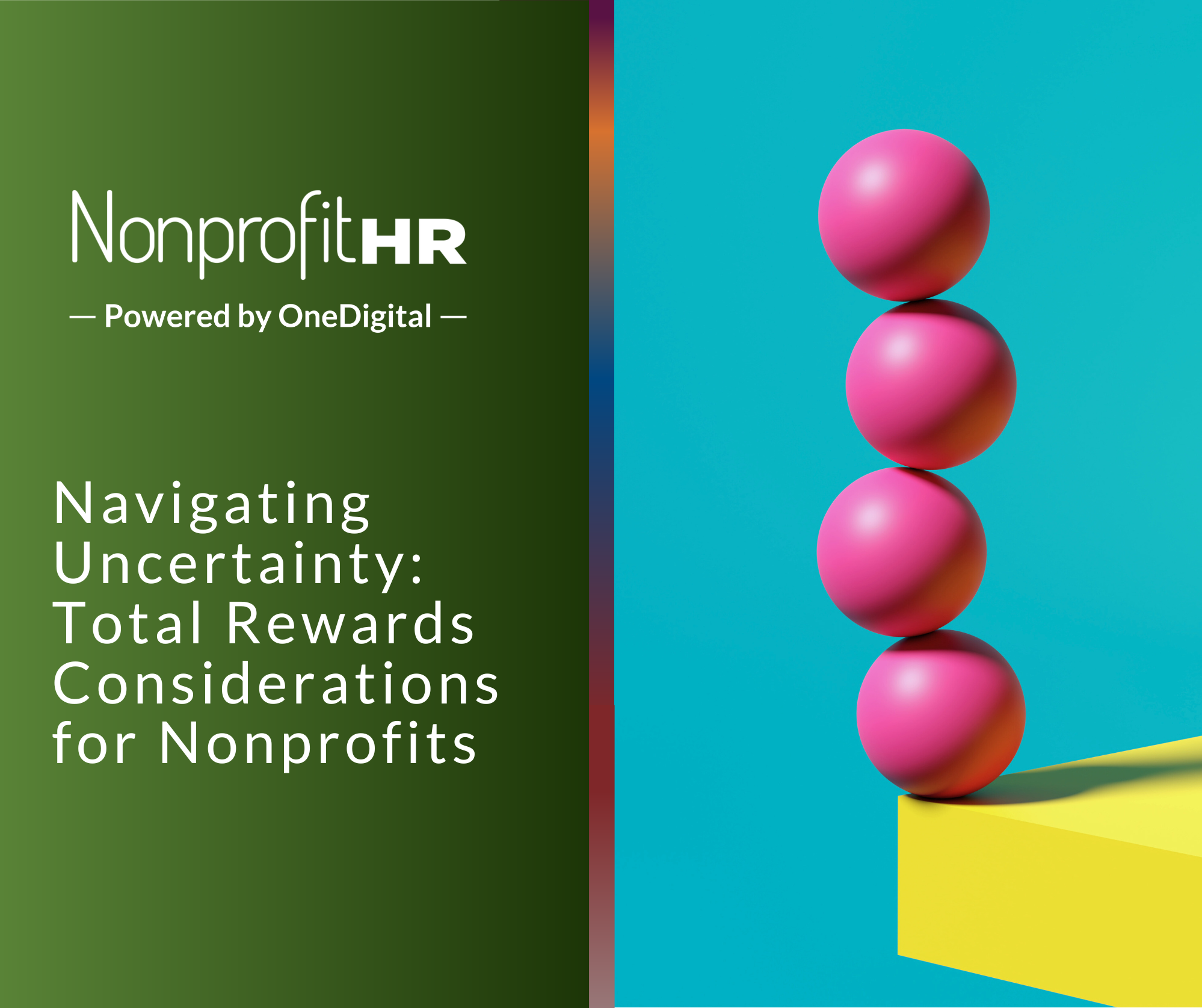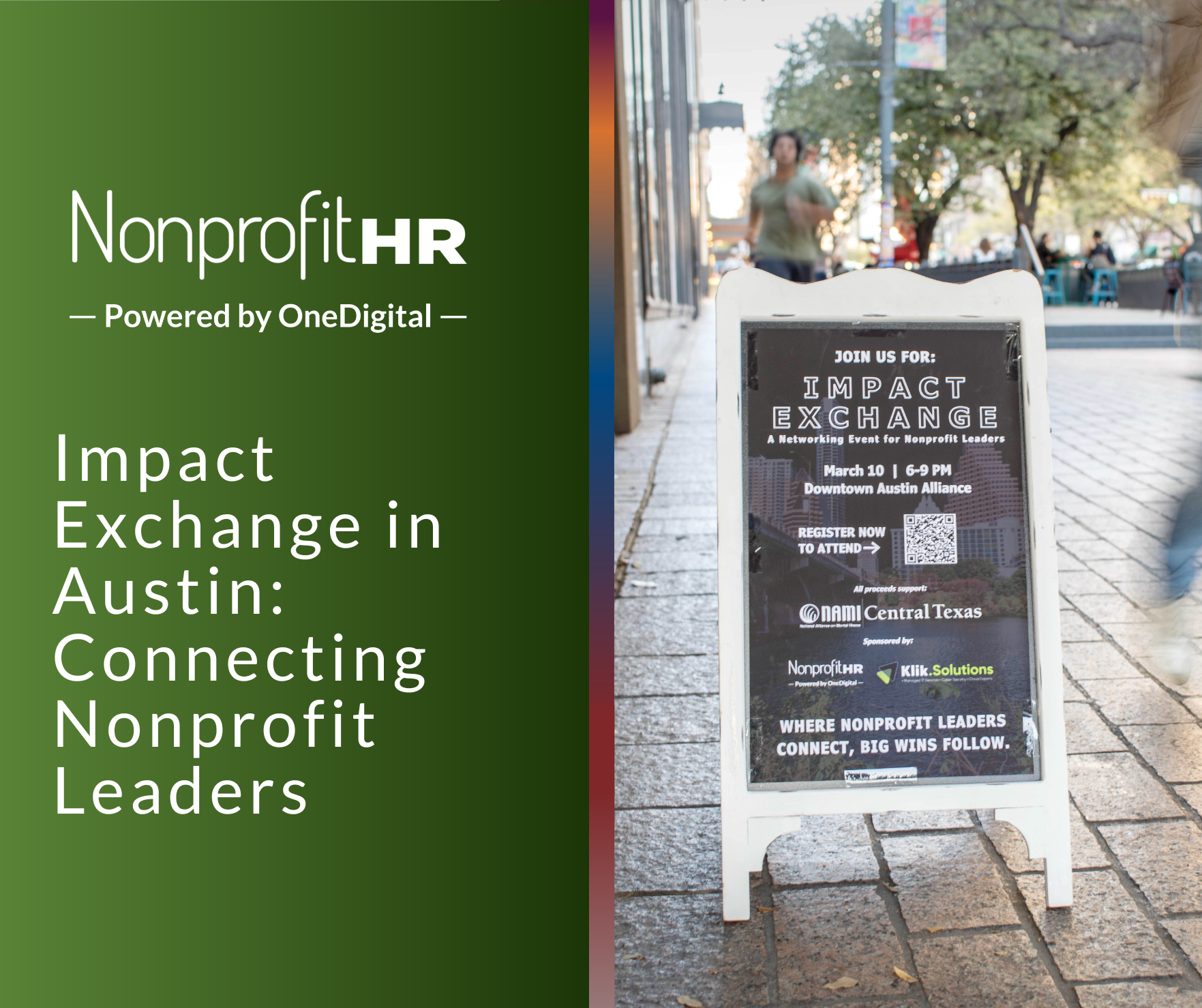WTOP: 5 ways nonprofits can…
We live in a time of exponential change, a pivotal moment where the future calls us to transcend the traditional boundaries and limits that we allow to define our lived experiences. Now, more than ever, the opportunity to reimagine how we work across every sector, including government, for-profits, nonprofits, associations, foundations and other philanthropic communities, is within our grasp. As you reimagine, think beyond your human capacity and imagine a world where we all continue to color outside the lines to restore and reshape what is possible.
“The ways in which we define work, build our workforce and structure our workplaces are evolving in response to significant forces such as technological advancements, shifting workforce demographics and changing expectations around leadership and culture. These changes present both challenges and opportunities for those of us dedicated to driving social impact.”
—Lisa Brown Alexander, President & CEO of Nonprofit HR in The Future of Work in the Social Impact Sector: A Strategic Blueprint for Nonprofit Leaders
While our challenges are immense, so is the potential to build a future grounded in lifting people, ensuring equity, and protecting the most vulnerable populations. It’s natural to feel the pull of safety, the desire to return to what is familiar. However, our future demands something different — something bold. We cannot retreat into comfort zones or replicate the past. Instead, we must look forward with hope and a collaborative strategy that brings everyone to the table. What has been disrupted can be rebalanced, but not by turning back.
Reimagine: Advocating for Innovative Support
Since I can remember, in serving as a thought partner with executives across the country, leaders across sectors genuinely know and understand that we must come to terms with the reality that where we are is not where we will be and the signals of the past will always be a guide to help us navigate the future. I encourage all of us to take a deep dive into the Independent Sector’s The Retreat of Influence, a report exploring the decline of nonprofit advocacy and public engagement. “Advocating for change through the public policy process defines what it means to be a nonprofit. The changes we seek for those we serve rarely come without it. It is a core knowledge – and practice – essential for our missions and survival.” As Dr. Akilah Watkins, President and CEO of Independent Sector, points out, “Stepping into your role as an advocate can generate public support for your cause; increase your organization’s visibility; empower your stakeholders and the community you serve; and allow you to be part of the solution to systemic problems that challenge all of us.” As a sector, I’m often reminded how powerful we are, contributing more than 5% to the nation’s GDP, but, as Dr. Watkins says, “it often feels like we’re struggling to keep pace with enormous challenges and changes.”
While difficult, in my experience, crises make us more resilient and human-centered leaders. For example, many of us still grapple with challenges around remote work, hybrid models and returning to in-person environments. However, the real question is not about physical spaces but how we show up for each other. Even human services organizations that require in-person engagement should reimagine and find ways to be creative, stay in the community and support each other’s work. As executive leaders and board members, we must continue reimagining how we serve, but most importantly, we must be innovative and human-centered in our approaches, framework designs and strategies.
Reimagine: Using Data to Drive Equity
As leaders, we also know how to leverage data and research. Today, the research that still comes to mind is Behavioral Health Needs Are Largely Unmet Across the U.S. by The Pew Charitable Trusts.

This research by Pew shows that “Americans across different racial, ethnic, and demographic groups are disproportionately grappling with mental illness and behavioral health needs – and have lower levels of access to culturally competent care and resources.” From pre-COVID to post-COVID and the multiple variants that impact our work environments, we’ve entered into conversations and yet another time where our voice must confront an anti-DEI backlash or agenda. The anti-DEI agenda needs to serve as a signal that we must push forward, not pause. The need to reimagine how we serve vulnerable populations is more significant than ever, especially when entrenched systemic inequities still exist. This is our moment to shift the narrative, ensure that collaboration spans across sectors and the globe, and align our efforts to create an authentic but lasting impact.
We must find intersections where our stories, goals and missions align. We must focus on building bridges. Our purpose is focused on organizations thriving and creating an ecosystem for multiple generations. The future demands that we reimagine how we develop and meet our talent management priorities worldwide but find ways to work together and honor the voices of those we serve. It’s time to challenge ourselves. We must be grounded in community no matter the industry or sub-sector we represent. In other words, we should not and cannot create, design or fund programs and services without involving the people for whom those services intend to uplift.
Reimagine: Leveraging Technology for Your Mission
As leaders, many of us are still turning away from institutionalizing AI and using it for good. The future of AI is here and will continue to evolve. Instead of pushing AI to the sideline, let’s reimagine a future that is already changing.
Can you imagine harnessing AI technologies to tackle the most pressing local and global challenges, from climate change to reducing poverty to enhancing healthcare and education access? Think of AI as a delicate dance between technology and being a human-centered person. We’ve stood at this crossroads before. We are not strangers to technology and will embrace it like we’ve done everything else that disrupts the status quo.
As the communities and world we live in evolve, so must our approach to reaching vulnerable communities. The disruption is not so much how but who. The potential for AI to assist in real-time decision making, enhance programs and provide predictive analytics can be overwhelming. Still, our approach must be human-centered first, and we must leverage AI for good to ensure we are intentional and transparent in our commitment to equity, inclusion and a shared future that demands progress in all communities. Can you reimagine AI for good, where all sectors work collaboratively to anticipate the needs of the most vulnerable populations before a crisis emerges? There is also evidence that AI is used in public health to forecast disease outbreaks. Can you reimagine enabling more targeted interventions?
If you said yes to any of these questions, you already know that when we live authentically in community, our experiences shape something greater than us, and we care for each other. Separately, we will always miss a piece of the puzzle, no matter your mission or vision.
Reimagine: Embracing Cross-Sector Collaboration
We have to trust each other and embrace every community across the world. Trust is at the core of our work. To build that trust, we need to remain in constant dialogue with the communities we serve, to ask the questions that matter and to engage in relationships built on mutual respect. Whether we are working locally or globally, we must merge our stories and lift the narratives of all communities. We must be ready to listen, to learn and to share. The entire social impact sector calls on us to be more than we are today — not just for the present but for the future. We owe it to ourselves and those who will come after us to be bold visionaries and embrace the collective power we hold. Our work is about more than just meeting the needs of today — it’s about creating a future that thrives beyond us.
A reimagined future belongs to us, shaped by every voice, every sector and every community. Now is the time to keep going. We are all uniquely connected. Our call to action is clear. Reimagine a sector of cross-sector collaboration, embrace technology for social good, prioritize equity, inclusion and belonging for flexible work models with an equity focus, as well as sustainable investments in workforce development and well-being.
Patricia “Patty” Hampton, CSC, MCPC
Managing Partner & Chief Social Impact Officer
[email protected]
View full bio.






























